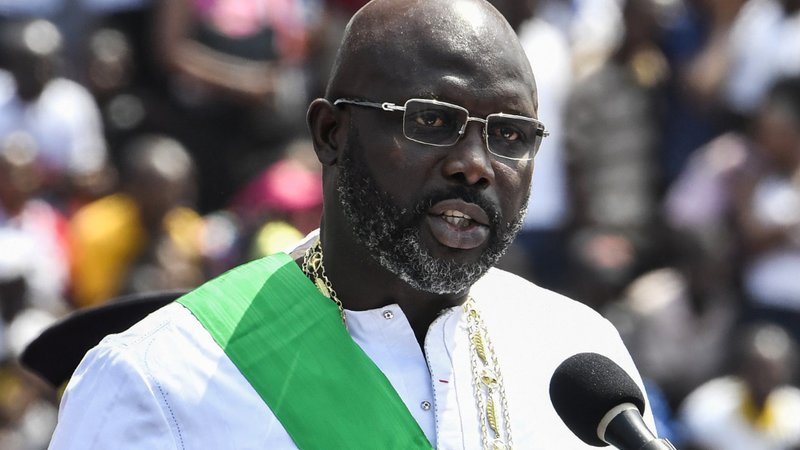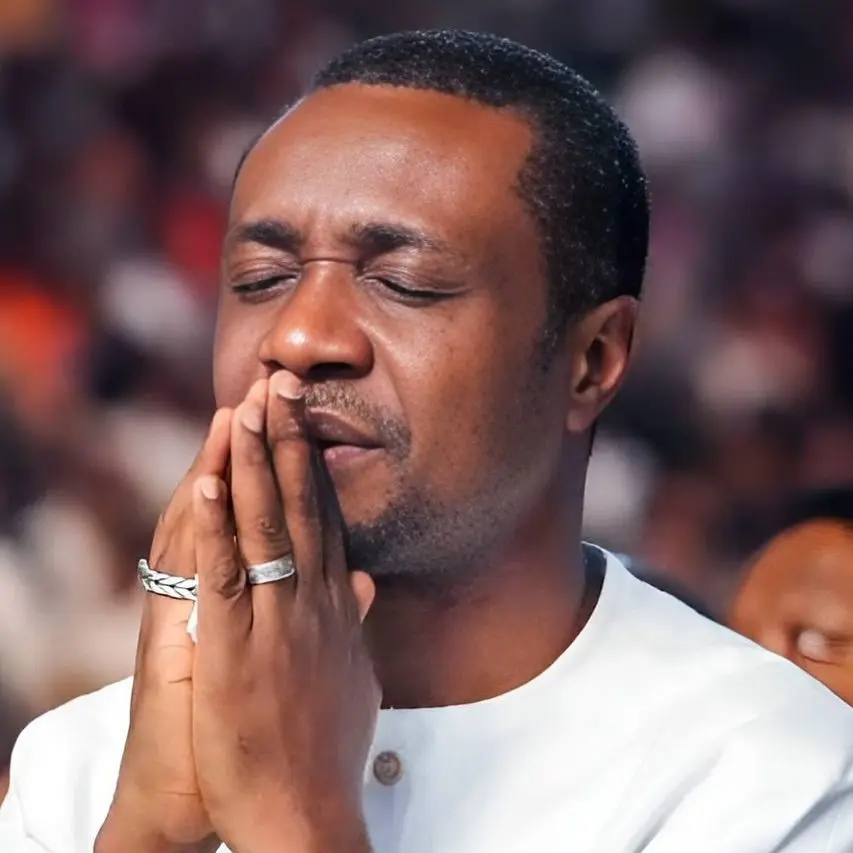Newly sworn-in Liberian President, George Weah, has announced that he will cut his salary by 25% as part of an effort to confront his country’s “broken economy.” In his first State of the Republic address he said:
“In view of the very rapidly deteriorating situation of the economy, I am informing you today, with immediate effect, that I will reduce my salary and benefits by 25%. I believe that it is appropriate that we should all make sacrifices in the interest of our country. Our economy is broken, our government is broke, our currency is in free-fall, inflation is rising, unemployment is at an unprecedented high, and our foreign reserves are at an all-time low”
The President of Liberia earns about $100,000 yearly, meaning that Weah will relinquish about $25,000. Mr. Weah had promised a crackdown on endemic corruption as he was sworn in a week ago to the cheers of thousands of exuberant supporters crammed into a stadium in the capital, Monrovia.
But since winning the poll, the award-winning former AC Milan and Paris St Germain striker has been at pains to show just how daunting he understands the task ahead to be. The announcement of a pay cut for himself is likely to go down well on a continent long used to officials in high office awarding themselves fabulous pay rises and perks.
Liberia suffered civil wars from 1989-2003 that killed hundreds of thousands of people. Then, as it was recovering in the past decade, it was hit by low prices for its chief exports, iron ore and rubber, and a 2014-16 Ebola outbreak.
Africa’s oldest republic was established by freed slaves from the United States and declared independent in 1847. As a quirk of that history only “people of colour” are constitutionally allowed to become Liberian and only Liberians can own property.
Mr. Weah described these clauses as “unnecessary, racist and inappropriate” for a Liberia in the 21st century. He said he would push to allow all races to apply for Liberian citizenship and for foreigners to be allowed to own property.
Nobel Peace Prize winner Johnson Sirleaf, barred from running again, was applauded for shoring up peace but criticized for failing to tackle graft or do much to spread economic gain beyond her elite circle to millions living in poverty. Despite his avowedly grim outlook on the economy, Weah pledged a $3 billion coastal road project that would link the capital to its remote southeast.
“This is going to be very challenging,” he said. But I am convinced that with the assistance of friendly governments and institutions this can be achieved before the end of my tenure.”





















